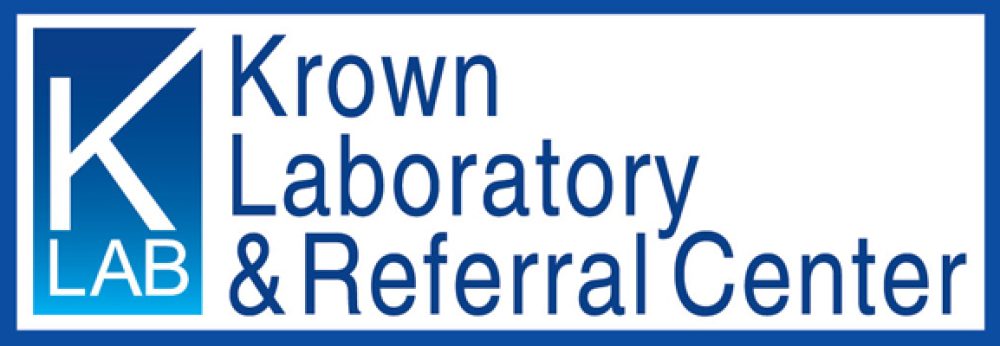Description
The Anti-Double-Stranded DNA (anti-dsDNA) antibody enzyme immunoassay (EIA) is a diagnostic test used to detect the presence of antibodies directed against double-stranded DNA in the blood serum of individuals. These antibodies are a hallmark feature of systemic lupus erythematosus (SLE), an autoimmune disease where the body’s immune system mistakenly attacks its tissues and organs.
The EIA method involves coating a microplate with purified double-stranded DNA antigen. Patient serum is then added to the wells, and if anti-dsDNA antibodies are present in the serum, they will bind to the antigen. Detection is usually achieved through the addition of enzyme-labeled antibodies that specifically bind to human IgG antibodies. A substrate is then added, and the resulting color change is measured to determine the presence and quantity of anti-dsDNA antibodies.
Elevated levels of anti-dsDNA antibodies, detected through EIA or other methods, are highly suggestive of SLE, although they can also occur in other autoimmune conditions. The presence of anti-dsDNA antibodies, along with other clinical and laboratory findings, helps in the diagnosis and monitoring of SLE and other autoimmune diseases.



Reviews
There are no reviews yet.